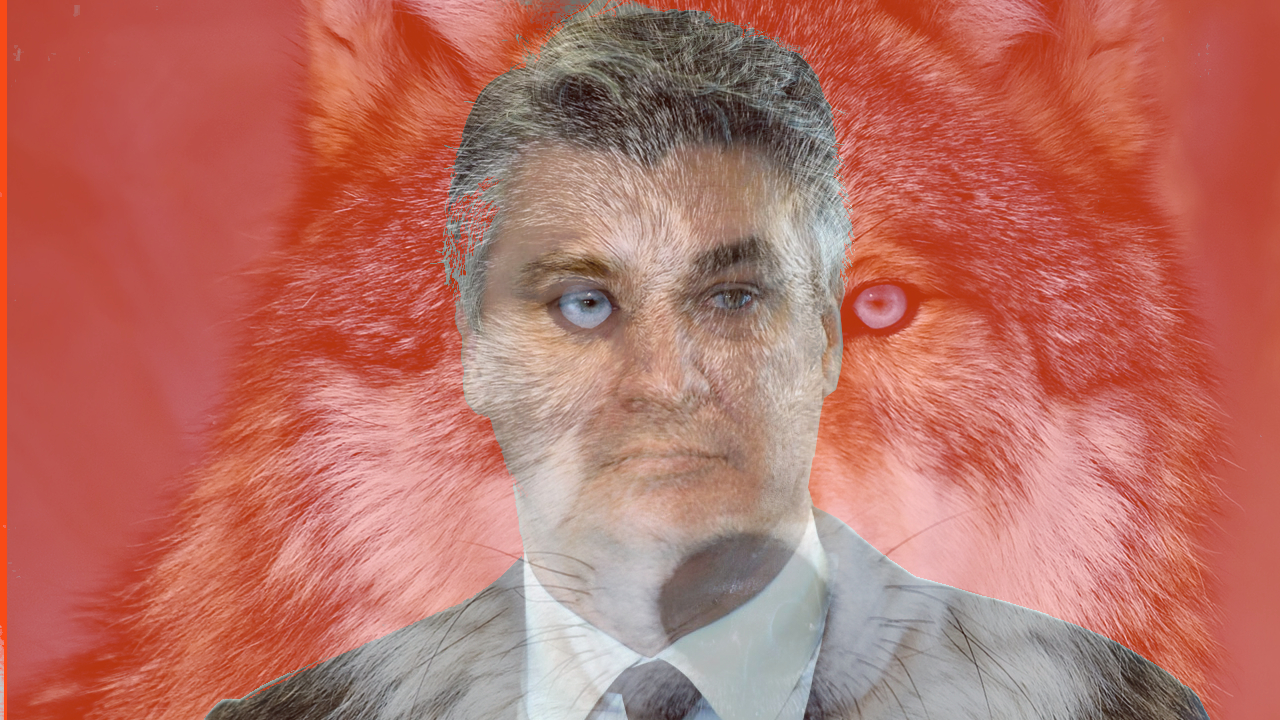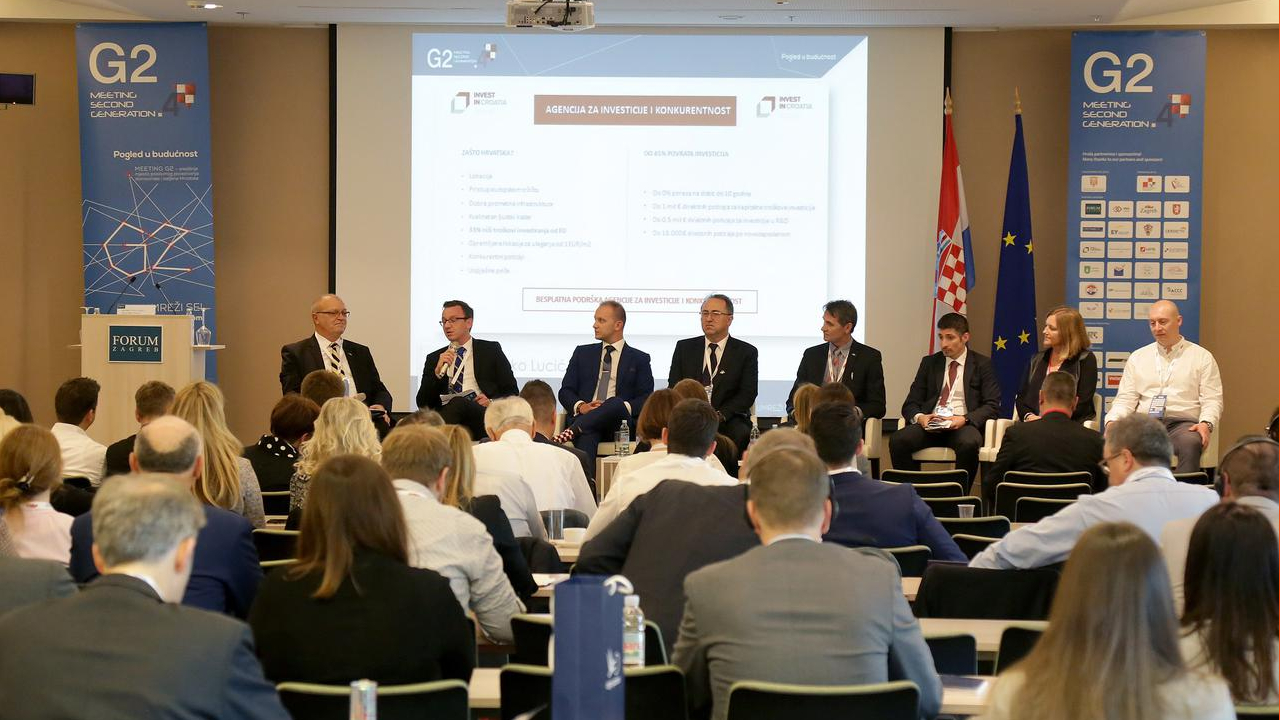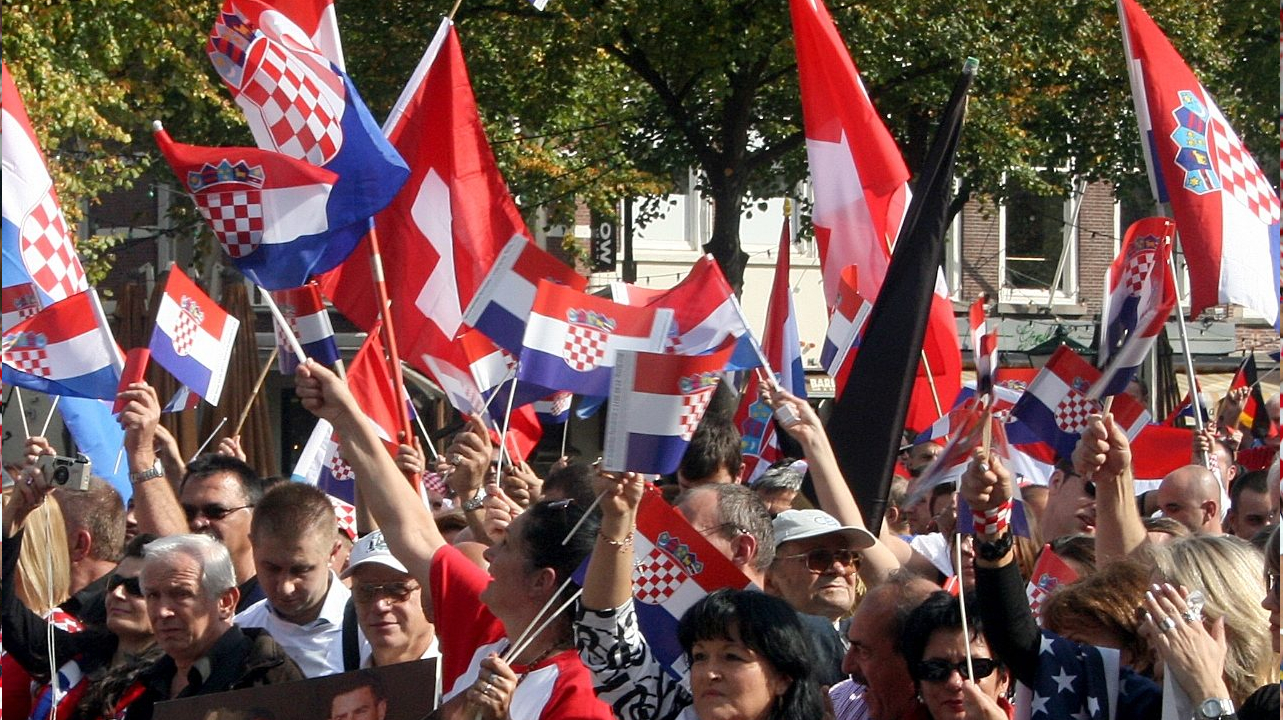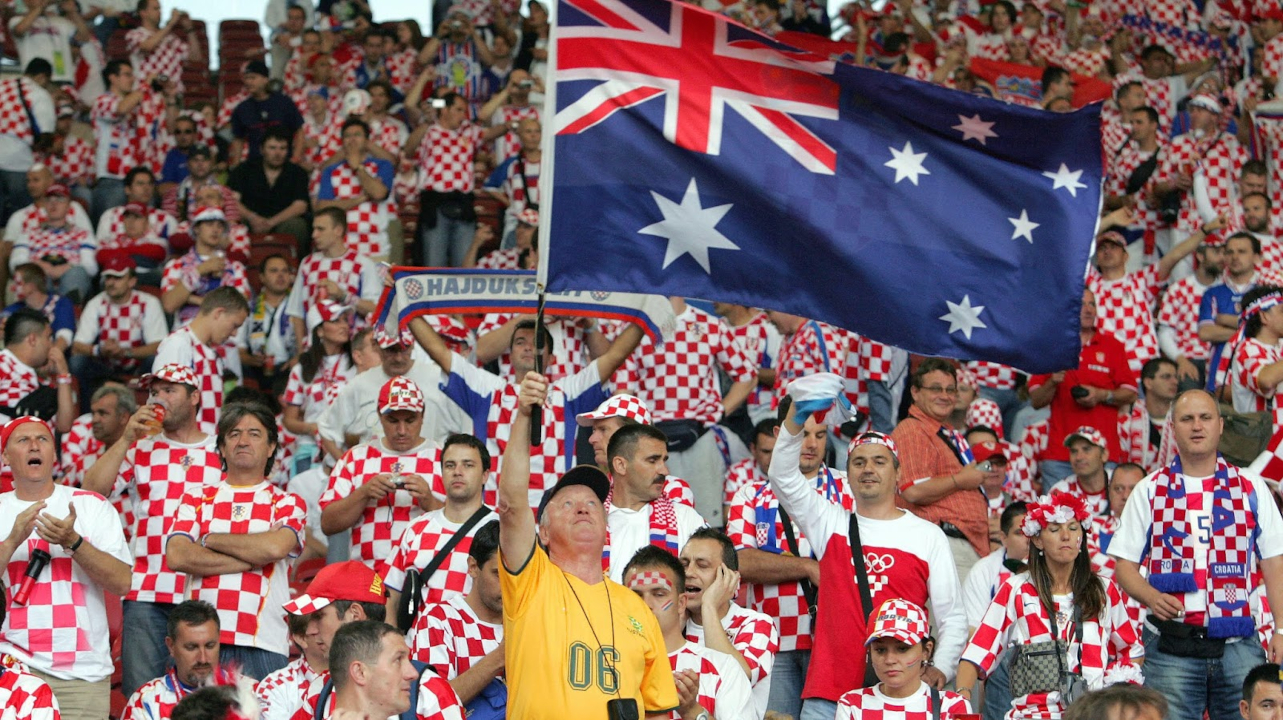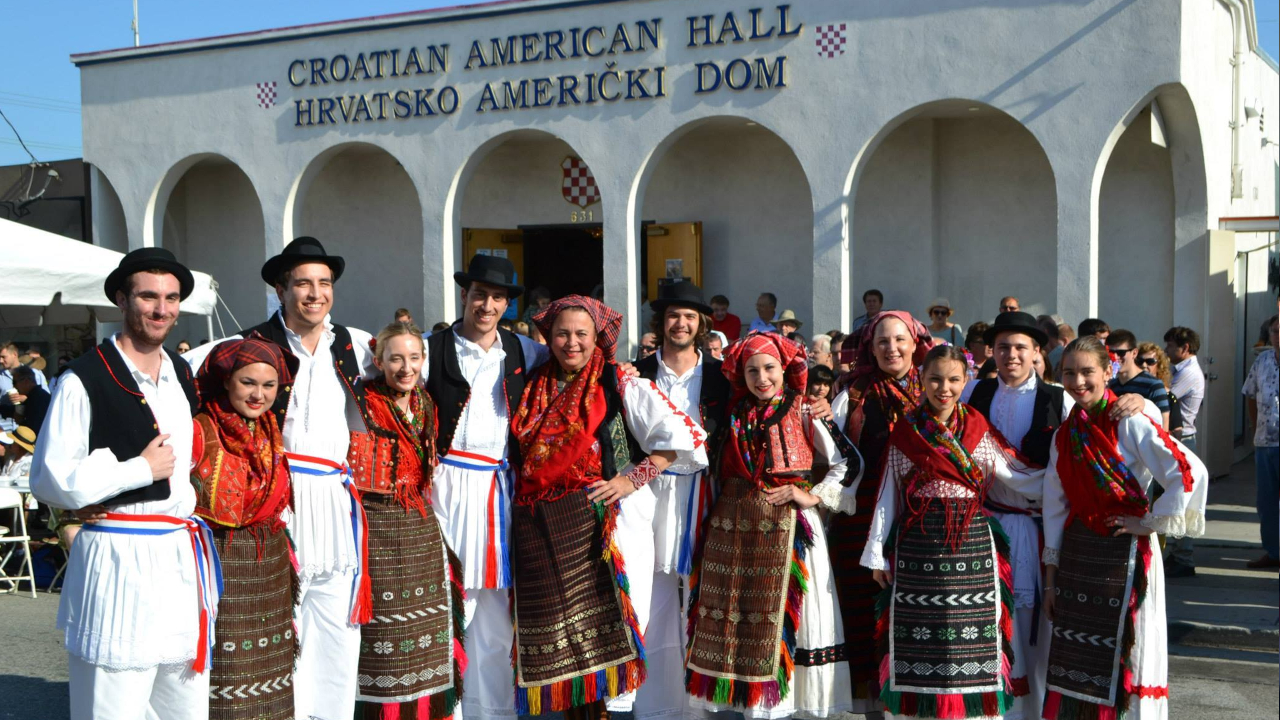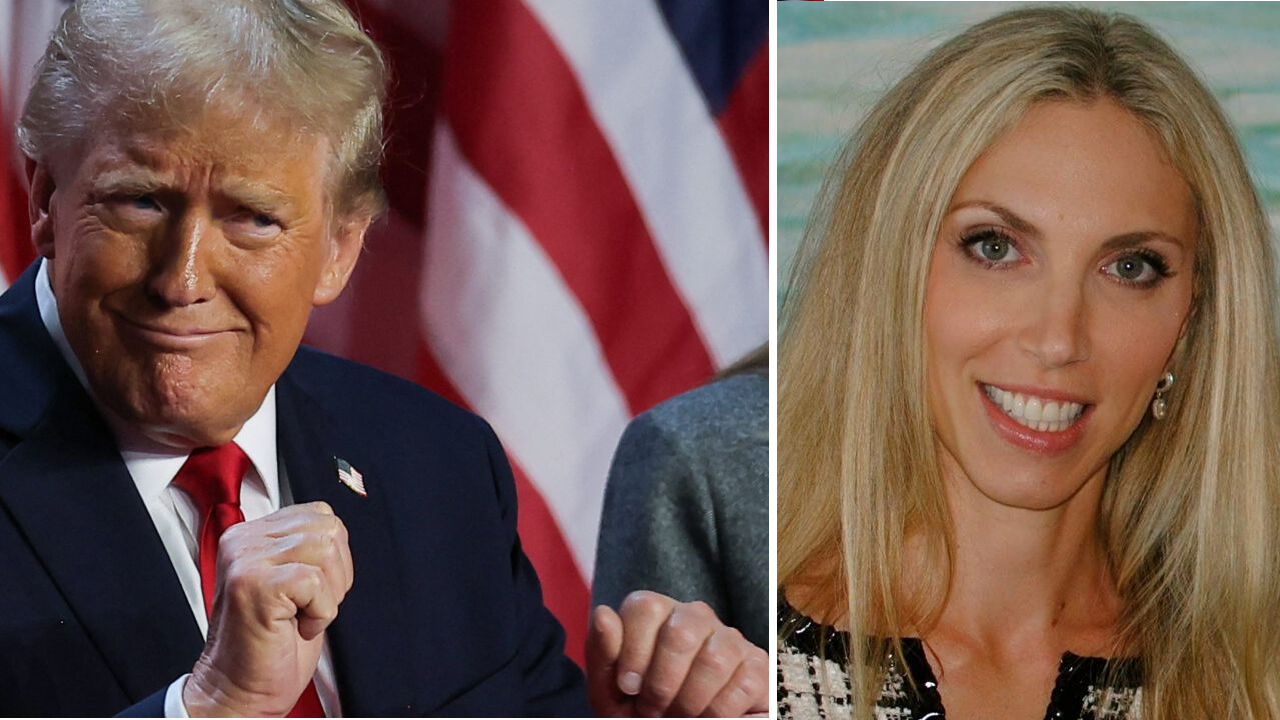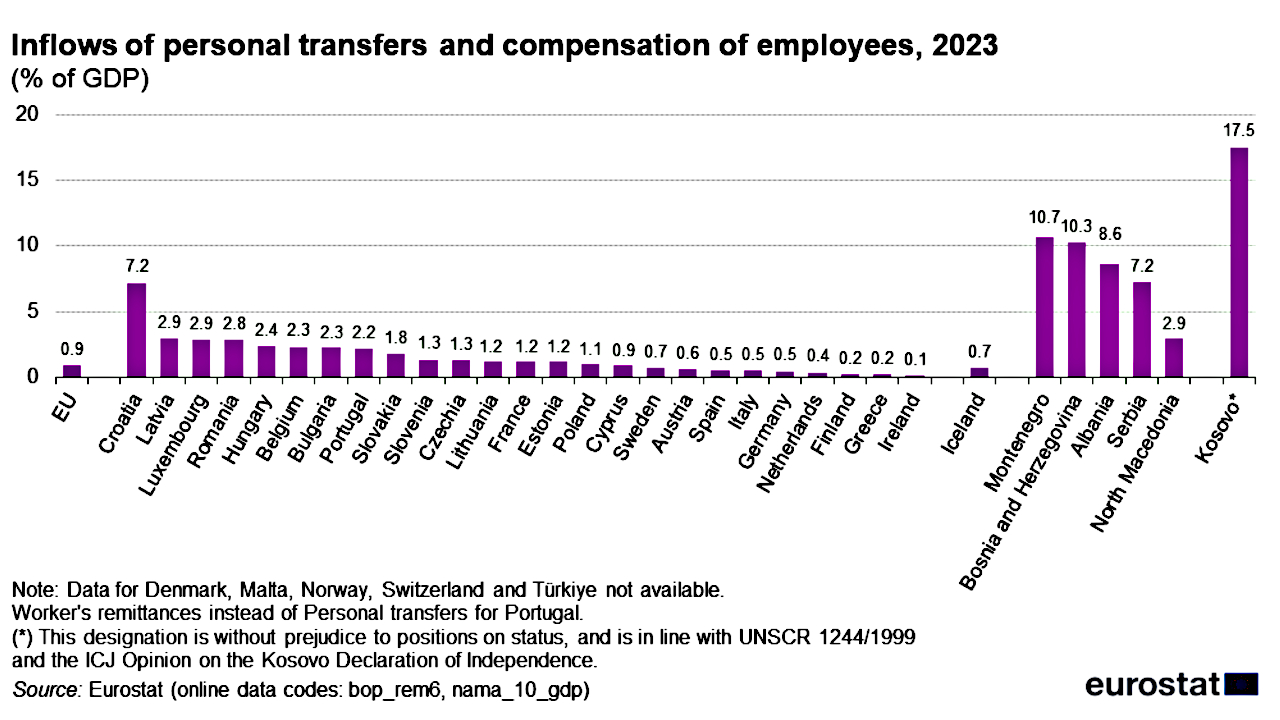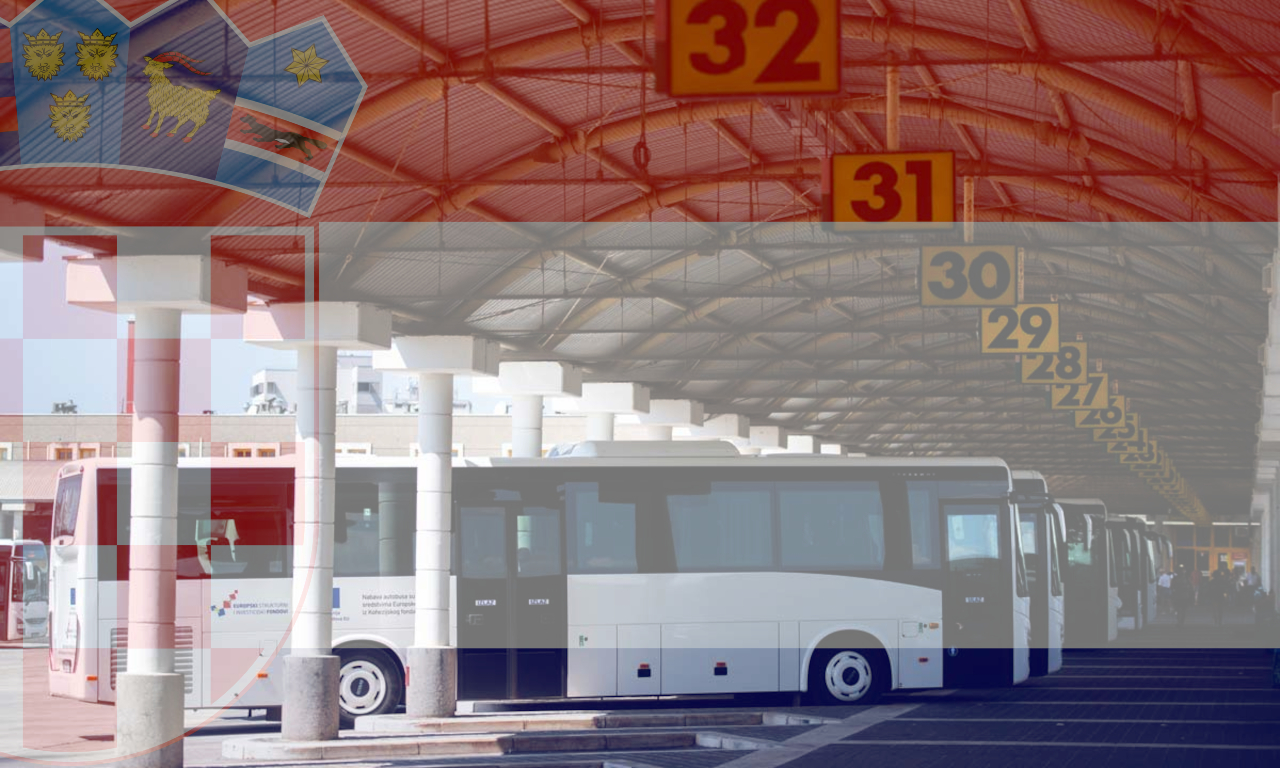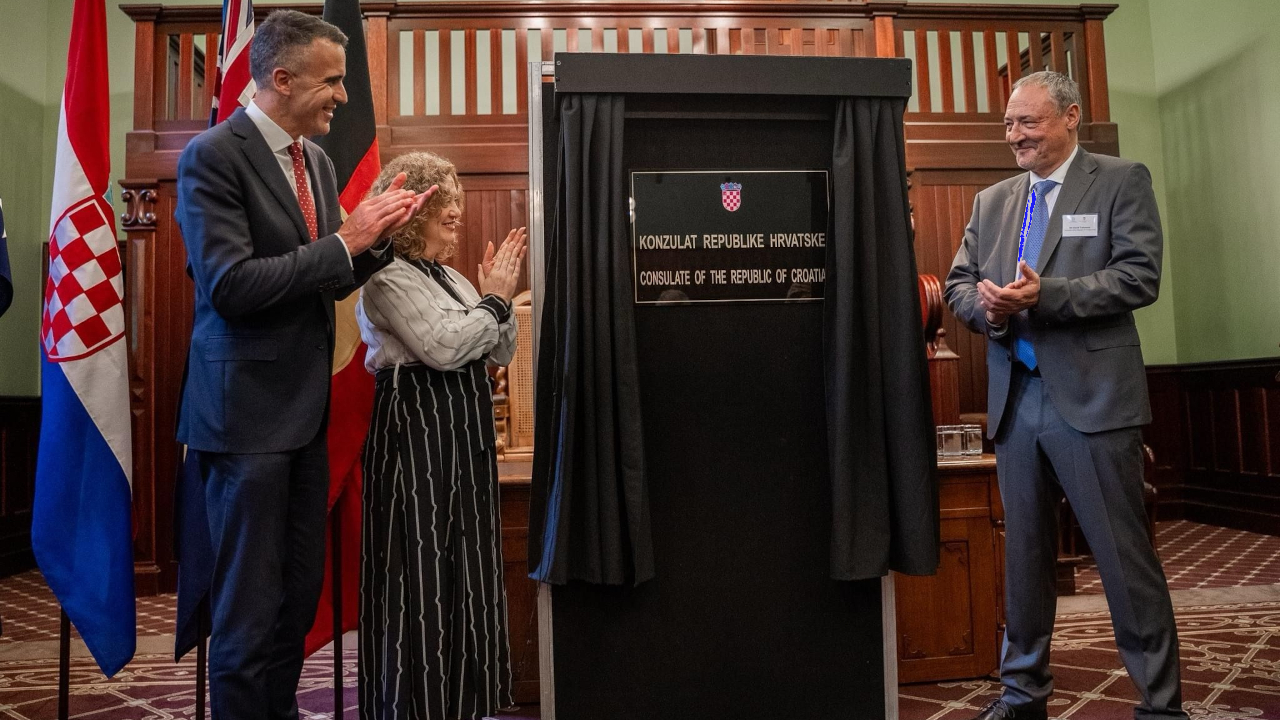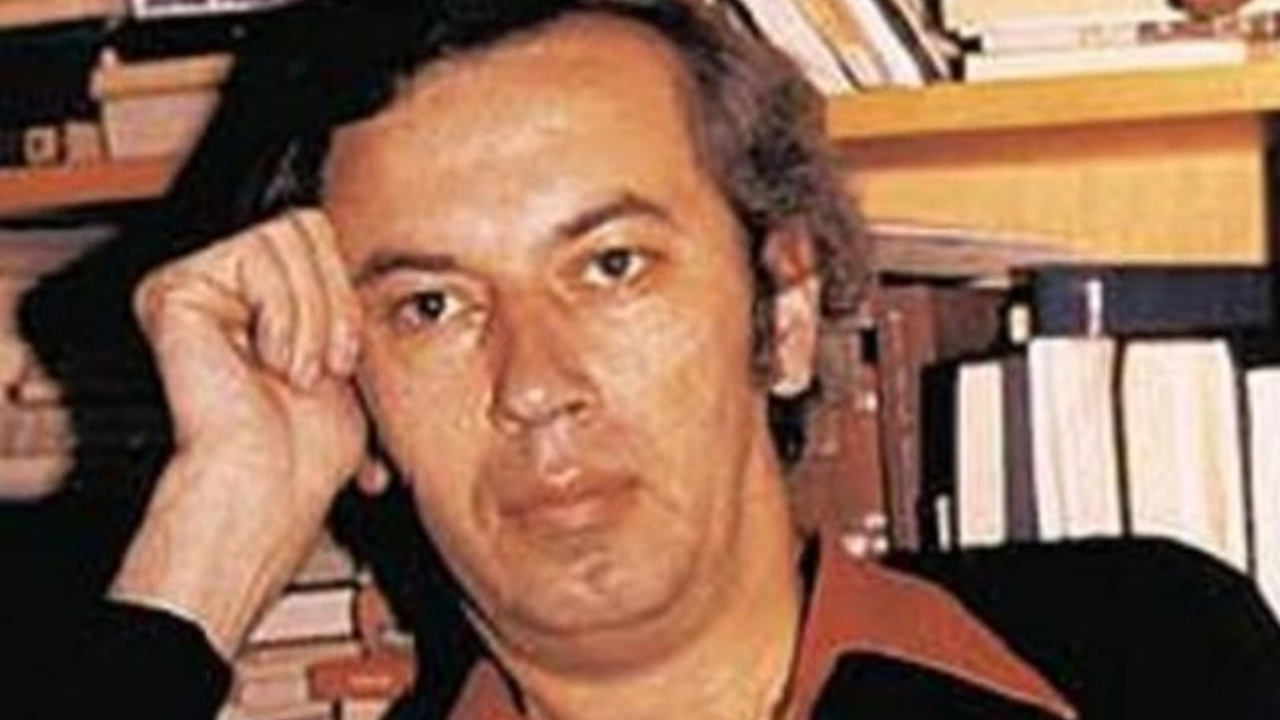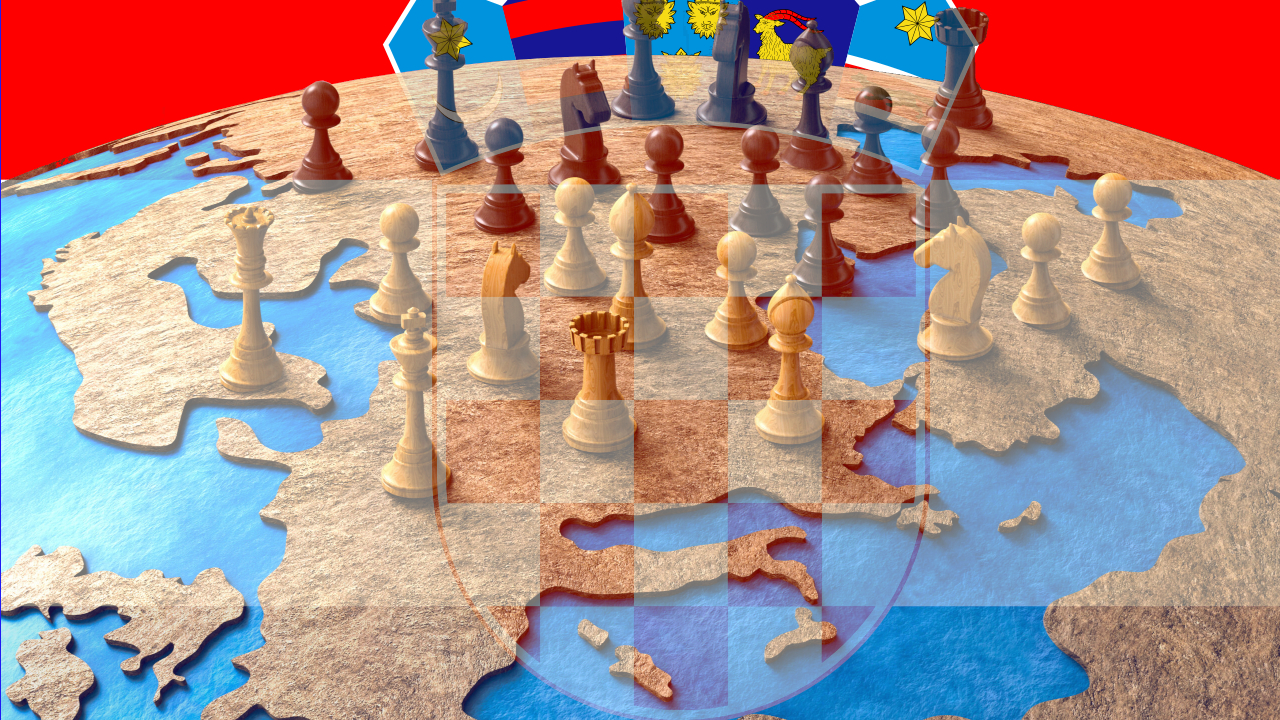Zoran Milanović’s tenure as both Prime Minister and President of Croatia has been marked by controversy, underwhelming achievements, and an abrasive leadership style that has alienated both domestic and international audiences. As he positions himself for another election, it’s worth taking a critical look at his record and assessing whether his leadership aligns with Croatia’s needs and aspirations.
A Disappointing Legacy as Prime Minister
Milanović’s time as Prime Minister from 2011 to 2016 is remembered less for transformative policies and more for missed opportunities. While he inherited a challenging economic situation following the global financial crisis, his administration’s efforts to spur economic growth were lackluster at best. Croatia’s economy stagnated for much of his term, with high unemployment rates—particularly among youth—remaining a persistent issue.
Despite promises to modernize the economy and reduce bureaucracy, Milanović failed to deliver meaningful reforms. The business climate remained hostile, deterring foreign investment, while small and medium-sized enterprises—the backbone of the Croatian economy—struggled under a labyrinth of red tape. His government’s inability to tackle corruption—a systemic issue in Croatia—further eroded public trust and international credibility.
The corruption of his party and other parties in the Kukuriku coalition was as bad as it was under HDZ and, in some cases, even worse. Nepotism and the fixing of tenders were more blatant than ever before, creating an environment of cronyism that stifled fair competition and undermined public confidence. Milanović’s government exemplified how entrenched corruption can persist regardless of which political party is in power.
Adding to this legacy of failure was the prolonged economic recession that defined much of Milanović’s term. For four consecutive years, Croatia’s economy contracted, plunging the nation into its most prolonged economic crisis since independence. Milanović’s inability to implement policies to reverse this trend directly contributed to a mass exodus of Croatians seeking better opportunities abroad. Hundreds of thousands fled the country, driven by a lack of jobs, low wages, and diminishing hope for a brighter future under his leadership.
Despite repeated warnings and recommendations from global institutions to streamline and reduce the bloated government sector, Milanović failed to take decisive action. His reluctance to slash the government sector not only perpetuated inefficiencies but also contributed to Croatia’s economic malaise. By ignoring these calls for reform, he missed a critical opportunity to modernize the state and reduce the financial burden on taxpayers.
Milanović’s leadership was so ineffectual during this period that it has been described as Croatia’s “lost decade.” His failure to turn the economy around left deep scars on the nation, with long-term repercussions that continue to affect Croatian society and its global standing. He even went so far as to state that Croatians leaving the country was not necessarily a bad thing—a callous dismissal of the social and economic toll this exodus has taken.
Adding to this is the labor shortage now plaguing Croatia. The mass exodus of skilled workers during Milanović’s tenure as Prime Minister has left the nation reliant on migrant workers to fill essential roles. This dependency is a direct consequence of policies—or the lack thereof—during his administration. By failing to create opportunities for Croatians at home, Milanović not only lost a generation to emigration but also compromised the country’s ability to sustain its workforce internally.
Moreover, Milanović was woefully unprepared when he took office, surrounding himself with largely incompetent ministers and key staff who lacked the experience and expertise to address Croatia’s pressing challenges. This lack of preparedness not only stalled critical reforms but also deepened the public’s disillusionment with his leadership.
The demographic destruction during his tenure is undeniable. As hundreds of thousands of Croatians left for better opportunities abroad, Milanović’s policies—or lack thereof—exacerbated the brain drain and hollowed out entire communities. This demographic crisis, coupled with his dismissive attitude, has left Croatia grappling with severe labor shortages and a declining population.
A Divisive and Abusive Leadership Style
In his current role as President, Milanović has demonstrated a leadership style that can only be described as combative and undiplomatic. His frequent outbursts and personal attacks on political rivals, journalists, and even foreign leaders have tarnished Croatia’s image on the global stage. What should be a unifying figurehead position has instead become a source of division, as Milanović regularly engages in public feuds that overshadow substantive policy discussions.
Milanović’s abrasive rhetoric has not only alienated allies but also weakened Croatia’s standing in international forums. At a time when Croatia needs strong diplomatic leadership to navigate complex geopolitical challenges, his confrontational approach has proven counterproductive. Whether clashing with European partners or undermining domestic institutions, his actions have consistently prioritized personal vendettas over national interests.
Diplomatic Failures and Eroded Credibility
One of the most glaring failures of Milanović’s presidency is his inability to act as a competent diplomat. His tenure has been marred by a series of missteps that have isolated Croatia diplomatically. From dismissive comments about neighboring countries to erratic policy positions, Milanović has repeatedly undermined Croatia’s relationships in the region and beyond.
The Cost of Milanović’s Leadership
Under Milanović’s leadership, Croatia’s political discourse has become increasingly toxic. His frequent clashes with Prime Minister Andrej Plenković have turned critical national issues into partisan battlegrounds, stalling progress on key initiatives. This dysfunction has contributed to public disillusionment with the political process, as many Croatians feel their leaders are more focused on personal rivalries than addressing the country’s pressing challenges.
Moreover, Milanović’s abrasive nature has discouraged constructive dialogue and alienated those who might otherwise collaborate to move the country forward. His leadership style has fostered an environment of division and stagnation, leaving Croatia ill-prepared to tackle issues such as economic recovery, demographic decline, and regional instability.
A Call for Change
As Croatia approaches its next election, voters must critically evaluate Milanović’s record and consider whether his leadership aligns with the country’s future needs. While he has positioned himself as a defender of national interests, his actions have often undermined the very goals he claims to champion. From his underwhelming performance as Prime Minister to his divisive presidency, Milanović has consistently fallen short of the mark.
Croatia deserves a leader who can rise above petty squabbles and focus on building a prosperous, united future. Milanović’s track record suggests he is not that leader. The upcoming election is an opportunity for Croatians to demand better—to choose leadership that prioritizes progress, diplomacy, and unity over division and dysfunction. It’s time for Croatia to move beyond the politics of personality and invest in a future driven by vision and competence.
Croatia must rid itself of a failed Prime Minister, a failed diplomat, and now a failed President. Milanović has shown he is incapable of undertaking this mammoth task. He must be removed, and a new leader who can embrace this vision and take bold steps toward national unity and progress must be voted in his place by the Croatian people.
Croatians must open their eyes and see Milanović for what he truly is: a wolf in sheep’s clothing. His promises and rhetoric may appeal on the surface, but his actions reveal a leader more concerned with personal power than the well-being of the nation. It’s time for Croatia to reject divisive leadership and seek a path toward a brighter, more united future. It’s time for Croatians to shoot this political wolf down at the electoral booth and open the gate for a true shepherd of the people.
Milanović is a walking loose cannon that Croatia can in no way afford to have for another five years. The risks of continued stagnation, division, and missed opportunities are too great to ignore. Croatia needs decisive, visionary leadership to guide it toward the future it deserves. Let this election be the moment when Croatians reclaim their future and choose a path of hope, progress, and unity.. for a Croatia naših pobjeda!

